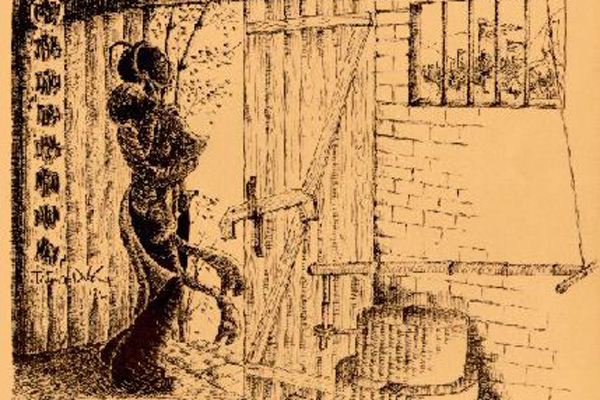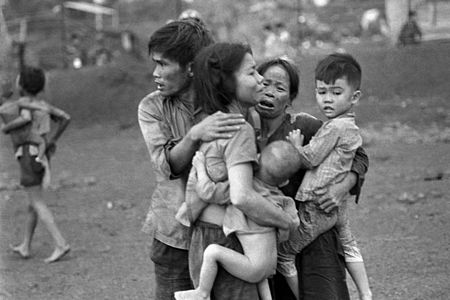One of the favorite themes of anti-Vietnamese press campaigns in the seventies and eighties was: ‘The Vietnamese are the Prussians of Asia.” Uninformed people were easily taken in. In modern times, those “Viets” seem to have found a wicked pleasure in fighting for thirty long years successively against the French, Japanese, Americans, South Koreans, Chinese, Khmers Rouges. With questions of ideology fading with the passage of time, perhaps future historians will agree among themselves that, at bottom, all that fighting was for national liberation.
If one puts aside the often bloody conflicts that tore apart the states of South-East Asia in gestation in the course of the second millennium most of the wars fought by Vietnam were for the sake of resistance to foreign aggression.

If it is true that literature is the mirror of a people’s psyche one cannot find in that of the majority Viet ethnic group epics or other works exalting war for its own sake or singing the grandeur of massacres. On the contrary, the work second only to Nguyen Du’s masterpiece, Kieu, in popularity, is a long anti-war poem of the 18th century: Chinh Phu Ngam (Lament of a wife whose husband has gone to war). For two centuries, it has enjoyed the love and esteem of the common people and learned scholars alike. Mothers lull their babies to sleep by singing a few of its verses. During the First War of Resistance, while the work was not taught at school because of its possibly “dispiriting” effect, Ho Chi Minh taught it to his young courier to assuage the fatigue of the latter’s long trips across jungle.
Certainly not a pamphlet or tract, this poem is the lament of a loving wife separated from her husband by war. But it exudes such a poignant despair that it leads to instinctive hatred of war. Being subjected to a Confucian education, the woman never aims the least reproach at the authors of that evil – kings, lords, and other feudalists. She simply tells of her loneliness and suffering. She is the prey of anguish and the fear of approaching old age. The hope for a return of her husband is her only source of some solace. Memories of her moment of separation with her beloved one cast a constant shadow on her waking hours:
“Under the bridge, the flow of water was cool and pure
On the edge of the current the grass was so tender and green
He made me farewell and my heart broke
I wished I could go with him, be a steed
Or a boat that would carry him on his long journey”.
Let us note that the text of the “Lament” read and loved by the people is the translation of the original, written in Han (classical Chinese) characters by Dang Tran Con (1710-1745) into the vernacular by the poetess Doan Thi Diem (1705-1748), who condensed its 477 verses into 102 stanzas, all suffused with consummate art and deep emotion.

